
Alcohol, Controlled Substances, and Concealed Carry
NCGS 14-415.11(c2) delineates clear guidelines regarding the interplay between alcohol consumption and the carrying of concealed handguns. Specifically, the statute makes it unlawful to carry a concealed handgun while consuming alcohol or while alcohol remains in the body. This prohibition extends to controlled substances, barring use, except when consumed legally and therapeutically appropriate amounts or when the individual is on their property.
Unlike for driving under the influence, where a 0.08% blood alcohol concentration (BAC) is the legal threshold, North Carolina does not specify a BAC limit for concealed carry. This lack of specification signals a zero-tolerance policy towards combining alcohol consumption with the responsibility of carrying a concealed handgun.
Carrying Where Alcohol is Served
A common question among North Carolina's concealed carry permit holders revolves around the legality of carrying in venues that serve alcohol. The law permits concealed carry in such establishments, provided no signage expressly forbids it and the permit holder refrains from consuming alcohol.
Open Carry and Alcohol

An important nuance within North Carolina's gun laws is the distinction between concealed and open carry, particularly regarding alcohol consumption. The state does not have specific rules governing open carry and alcohol consumption. This lack of regulation highlights a significant difference in how the state legislates concealed versus open carry, putting a premium responsibility on regulating concealed handguns in the public.
Now, we are not condoning the idea of consuming alcohol and carrying a handgun open or concealed. But we do understand that things happen to people, and this is the process taught to instructors in the state course.
The Right to Conceal Carry on Private Property
An often overlooked aspect of North Carolina's handgun laws is the provision that allows individuals to carry concealed handguns on their private property without the need for a permit. This rule underscores a recognition of the individual's right to self-defense within the confines of their property and differentiates between the considerations governing public and private spaces.
Conclusion
For responsible handgun owners and enthusiasts, navigating North Carolina's concealed carry laws is essential for lawful and safe handgun handling. The state's detailed statutes on alcohol and controlled substance consumption reflect a zero-tolerance stance toward impaired handling of concealed handguns. Moreover, the distinction between concealed and open carry, especially in the context of alcohol consumption, alongside the non-regulated concealed carry on private property without a permit, highlights the nuanced landscape of handgun legislation in North Carolina.
Join me for our next scheduled NC Concealed Carry Course
John Boyette
References
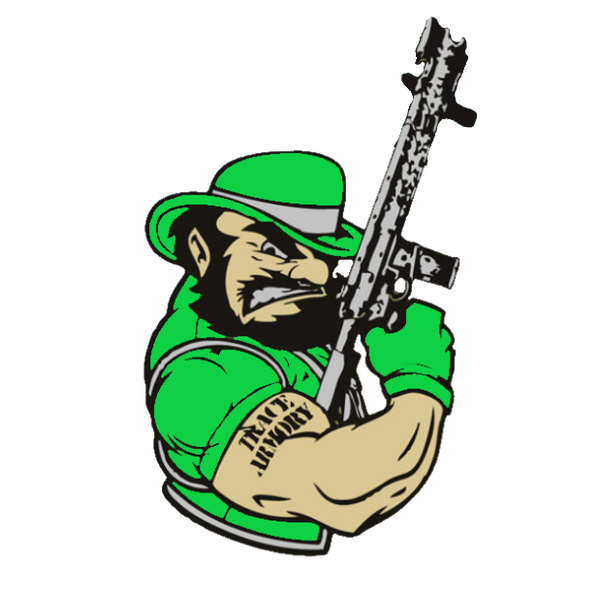
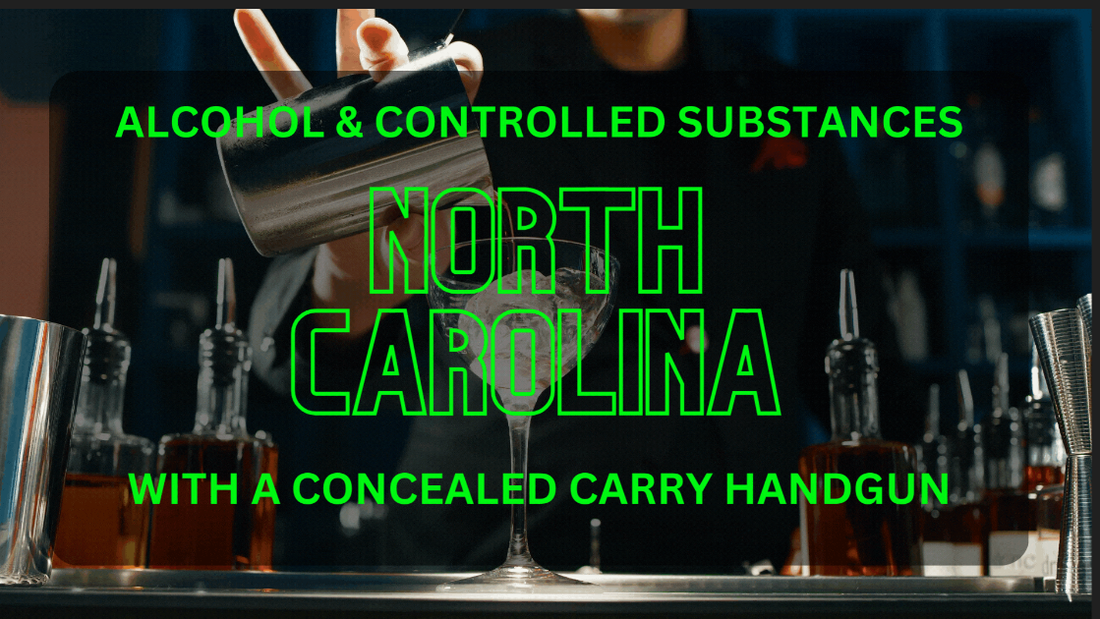
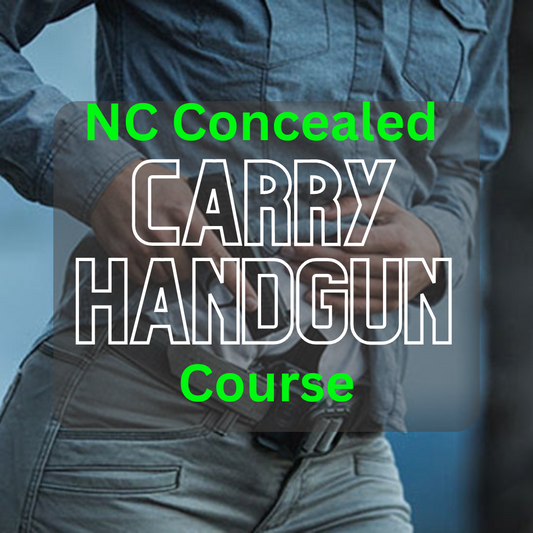
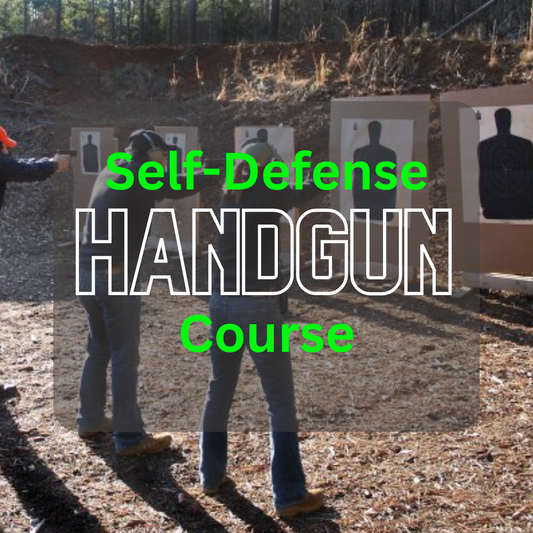
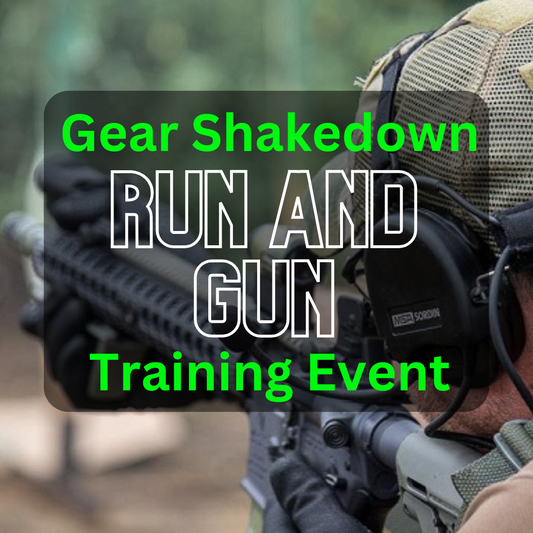
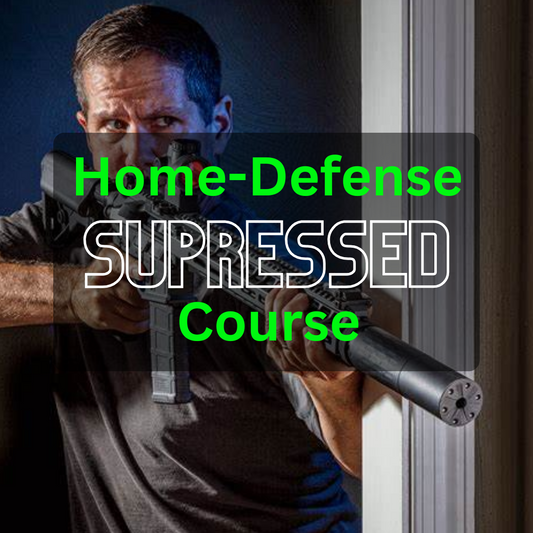
1 comment
Outstanding article. Thank you for writing this!!!